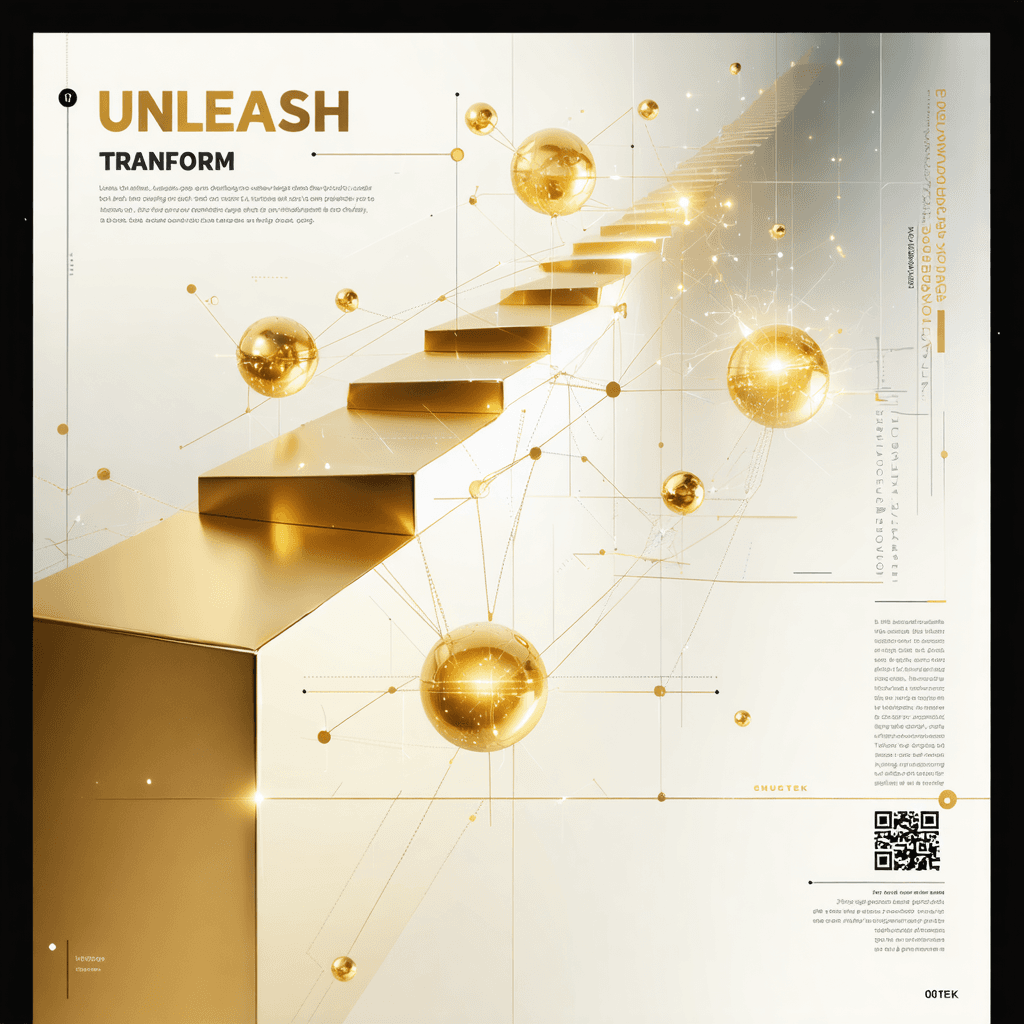Unleash Project Success: 7 Game-Changing Management Methodologies That Transform Results
In today's dynamic business landscape, successful project management requires more than traditional approaches. Organizations are constantly seeking innovative methodologies to drive better outcomes and maintain a competitive edge. Let's explore seven transformative project management methodologies that can revolutionize your project success rates.
1. Agile Project Management
Agile methodology has become the gold standard for modern project management, particularly in software development and technology sectors. This iterative approach emphasizes flexibility, continuous improvement, and customer satisfaction through rapid delivery cycles.
Key Benefits:
- Faster time-to-market
- Enhanced team collaboration
- Improved product quality
- Greater customer satisfaction
- Reduced project risks
Agile teams work in short "sprints," typically lasting 2-4 weeks, delivering functional components of the project incrementally. This approach allows for quick adaptation to changing requirements and market conditions.
2. Scrum Framework
Scrum, a subset of Agile, has gained widespread adoption across industries. This framework provides a structured yet flexible approach to project management through defined roles, ceremonies, and artifacts.
Core Components:
- Daily stand-up meetings
- Sprint planning and reviews
- Product backlog management
- Cross-functional teams
- Continuous feedback loops
Research shows that organizations implementing Scrum effectively experience a 50% reduction in time-to-market and a 40% increase in team productivity.
3. Lean Project Management
Derived from Toyota's manufacturing principles, Lean project management focuses on maximizing value while minimizing waste. This methodology emphasizes continuous flow and efficiency optimization.
Primary Principles:
- Eliminate waste
- Build quality in
- Create knowledge
- Defer commitment
- Optimize the whole
By implementing Lean principles, organizations typically reduce operational costs by 20-30% while improving project delivery times.
4. Six Sigma
Six Sigma methodology combines statistical analysis with project management to reduce defects and variations in processes. This data-driven approach is particularly effective in quality improvement initiatives.
DMAIC Process:
- Define the problem
- Measure current performance
- Analyze root causes
- Improve processes
- Control results
Organizations implementing Six Sigma report an average of 25-30% improvement in process efficiency and quality metrics.
5. Hybrid Project Management
Modern organizations are increasingly adopting hybrid approaches, combining elements of different methodologies to create customized frameworks that suit their specific needs.
Advantages:
- Flexibility in methodology selection
- Tailored to organizational culture
- Balanced structure and agility
- Improved stakeholder engagement
- Enhanced risk management
Studies indicate that 70% of successful organizations use some form of hybrid project management approach.
6. Critical Chain Project Management (CCPM)
CCPM focuses on resource optimization and buffer management to ensure project completion within constraints. This methodology addresses common project delays and resource conflicts effectively.
Key Features:
- Resource-constrained scheduling
- Buffer management
- Critical chain identification
- Task dependencies optimization
- Performance measurement
Organizations implementing CCPM report up to 50% reduction in project duration while maintaining quality standards.
7. Prince2 (Projects IN Controlled Environments)
Prince2 offers a structured approach to project management with clear principles, themes, and processes. This methodology is particularly popular in government and large-scale corporate projects.
Core Principles:
- Continued business justification
- Learn from experience
- Defined roles and responsibilities
- Manage by stages
- Manage by exception
- Focus on products
- Tailor to environment
Implementation Strategies
To successfully implement these methodologies:
Assessment Phase
- Evaluate current processes
- Identify organizational needs
- Define success metrics
- Analyze resource capabilities
Planning Phase
- Select appropriate methodology
- Develop implementation roadmap
- Create training programs
- Establish governance framework
Execution Phase
- Pilot implementation
- Monitor and measure results
- Gather feedback
- Make necessary adjustments
Best Practices for Success
Clear Communication
- Establish communication protocols
- Regular status updates
- Stakeholder engagement
- Transparent decision-making
Team Development
- Continuous training
- Skill enhancement
- Culture adaptation
- Leadership development
Technology Integration
- Project management tools
- Collaboration platforms
- Analytics solutions
- Automation capabilities
Measuring Success
Track these key performance indicators:
- Project completion rates
- Budget adherence
- Customer satisfaction
- Team productivity
- Quality metrics
- Time-to-market
- Return on investment
Conclusion
Implementing the right project management methodology can significantly impact your organization's success. The key lies in selecting and adapting these methodologies to align with your specific needs and organizational culture.
Success in project management is an ongoing journey of improvement and adaptation. By understanding and effectively implementing these methodologies, organizations can achieve consistently better project outcomes and maintain a competitive edge in today's fast-paced business environment.
Ready to Transform Your Project Management Skills?
Take the next step in your project management journey with 01TEK's comprehensive training programs. Our expert-led courses provide practical insights and hands-on experience with these methodologies and more. Visit our website to explore our course catalog and start your path to project management excellence today.
It’s fine to celebrate success but it is more important to heed the lessons of failure.
Bill Gates, co-founder of Microsoft



